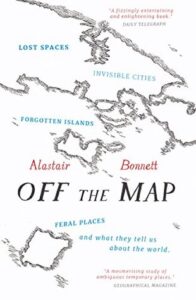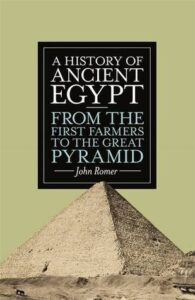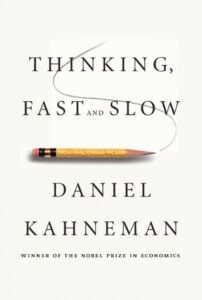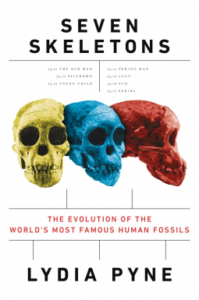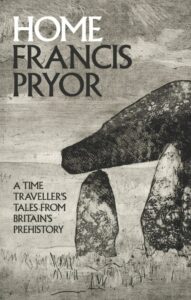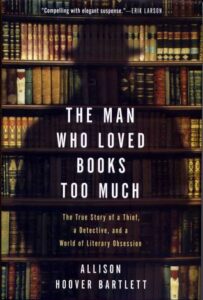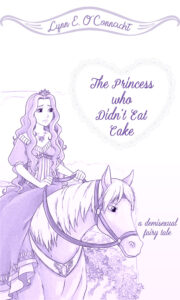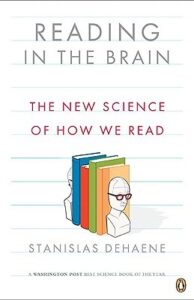 Reading in the Brain, Stanislas Dehaene
Reading in the Brain, Stanislas Dehaene
This was a really, really fascinating read, and surprisingly easy to grasp considering the technical subject. I actually read it surprisingly fast, and it was definitely the sort of book that provoked a lot of turning to my partner to ask “did you know that…”. It also made me ask a ton of questions of my mother about how I learned to read, why I learned to read late, etc, and honestly had me wondering if I should volunteer for a study on reading — the methods of reading and learning to read that Dehaene mentions don’t seem to apply to me, despite the studies backing up his hypotheses.
I can only really react to this book via my own personal experience/understanding, so this is going to veer off into anecdata a lot. On a purely intellectual level, it seems as if Dehaene’s theories are sound (although I’m not sure his model of synaesthesia is correct). Some of his phrasing was… mildly offensive to me, for example describing synaesthetes as “mostly not crackpots”. Why on earth would an intelligent person, a scientist, even connect synaesthesia with delusions? I know uninformed people sometimes do, but a scientist should know that the brains of synaesthetes genuinely cause them to experience (for example) words in colour, and not talk about them being “convinced” that they do, or describe them as “mostly not crackpots”.
Anyway, on an anecdotal level, Dehaene’s model doesn’t fit me at all. I didn’t/couldn’t learn to read via phonics. At all. I was eventually got reading via essentially the Whole Word method, and I still don’t connect graphemes and phonemes well at all. If I see a new word, I don’t actually think at all about how to pronounce it; I get the meaning from context, and mentally tag the image of the word with it. I only think about how to pronounce a word when I eventually find cause to say it (and then I will more often than not get it wrong). Dehaene not only thinks that doesn’t work as a way to learn words, but the model of dyslexia he proposes is essentially focused on that inability to connect phonemes and graphemes. By the logic in this book, I should be a very limited reader — yet from as quickly as a year after finally learning to read (and I was slow), I was routinely getting the reading score of an adult, and reading adult books fast and voraciously.
Probably there’s some crossover in the fact that I’m synaesthetic; as a child, I apparently complained that the books school gave me to learn from “tasted bad”. And given how terrible my visual skills (particularly the ones located in the same area of the brain Dehaene identifies as the brain’s word form area) are, I’ve got to wonder if maybe learning to read without the phonetic route caused more of my brain to specialise in reading than average.
In any case, it’s a fascinating topic and Dehaene’s book is mostly very readable and, as far as I can tell, mostly inoffensive — though the way he talks about synaesthetes makes me wonder if dyslexic people might also be less than pleased with the descriptions here. I’m definitely going to look up other pop science (or maybe even some studies) about how reading works in the brain; I’d like to know if any other theories describe my way of reading better, and what developments have emerged since this book was written.
Rating: 4/5
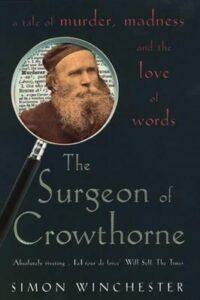 The Surgeon of Crowthorne, Simon Winchester
The Surgeon of Crowthorne, Simon Winchester

